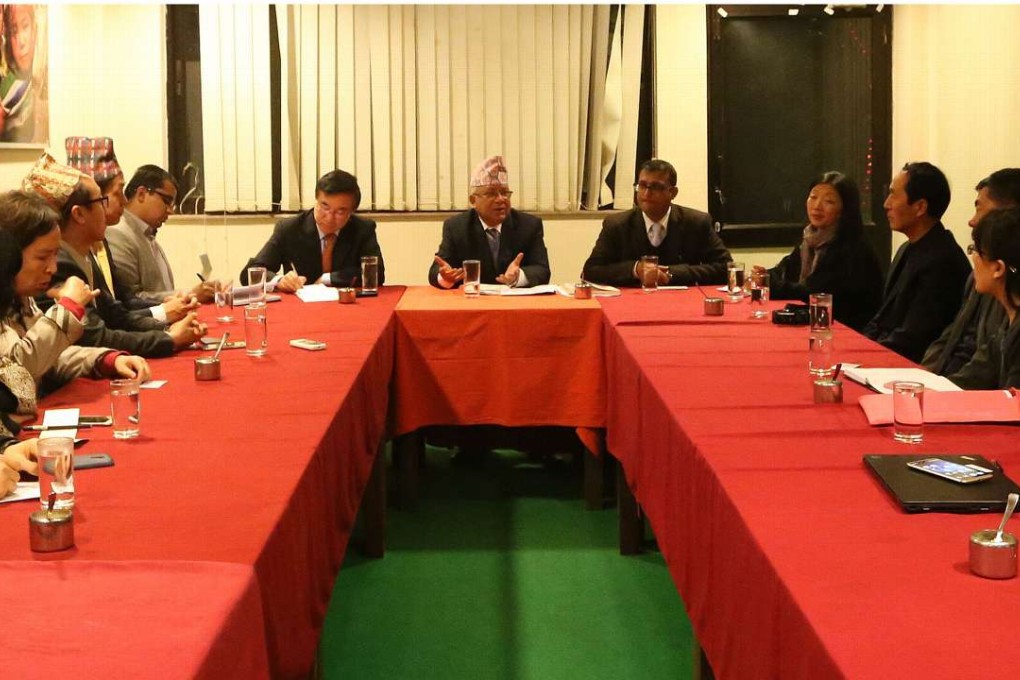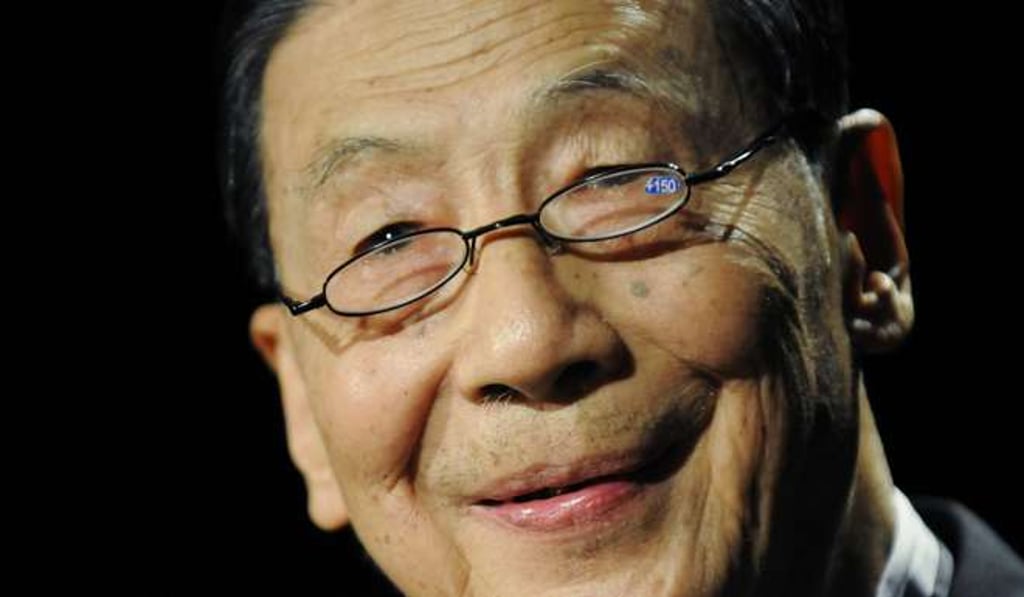China Briefing | China’s think tanks overflow, but most still think what they’re told to think
As Beijing promotes its brain power on the global stage, it must reassess how much it should control institutions that are supposed to come to their own conclusions

The term “think tank” may be new in China, but since ancient times the country’s rulers and aristocracy have had a tradition of valuing counsel from scholars and people with diverse backgrounds.
One such ruler was Lord Mengchang during the Warring States period more than 2,000 years ago. He supported up to 3,000 people as retainers in his home. He was known to take copious notes during many discussions while wining and dining his entourage and his family almost every night.
Now the Chinese leadership wants to emulate Mengchang by grooming think tanks with global influence to match its expanding economic clout in the international arena.
Liberal economist Mao Yushi cancels talk under pressure from leftists
But while making great progress, China faces some internal challenges when it comes to fitting modern ideas about think tanks into its political culture, especially when the institutions express thoughts that are in conflict with the government.
On January 25, a media report showed China’s 435 think tanks put it second in the world, behind only the United States with 1,835. And nine Chinese think tanks were included among the world’s best in the 2016 Global Go To Think Tank Index Report, published by the think tank and civil societies programme at the University of Pennsylvania’s Lauder Institute.

But just five days before the media report, China’s cyber-regulators shut down the social media accounts and website of the Unirule Institute of Economics, a liberal and non-governmental think tank founded by Mao Yushi, an outspoken economist.
